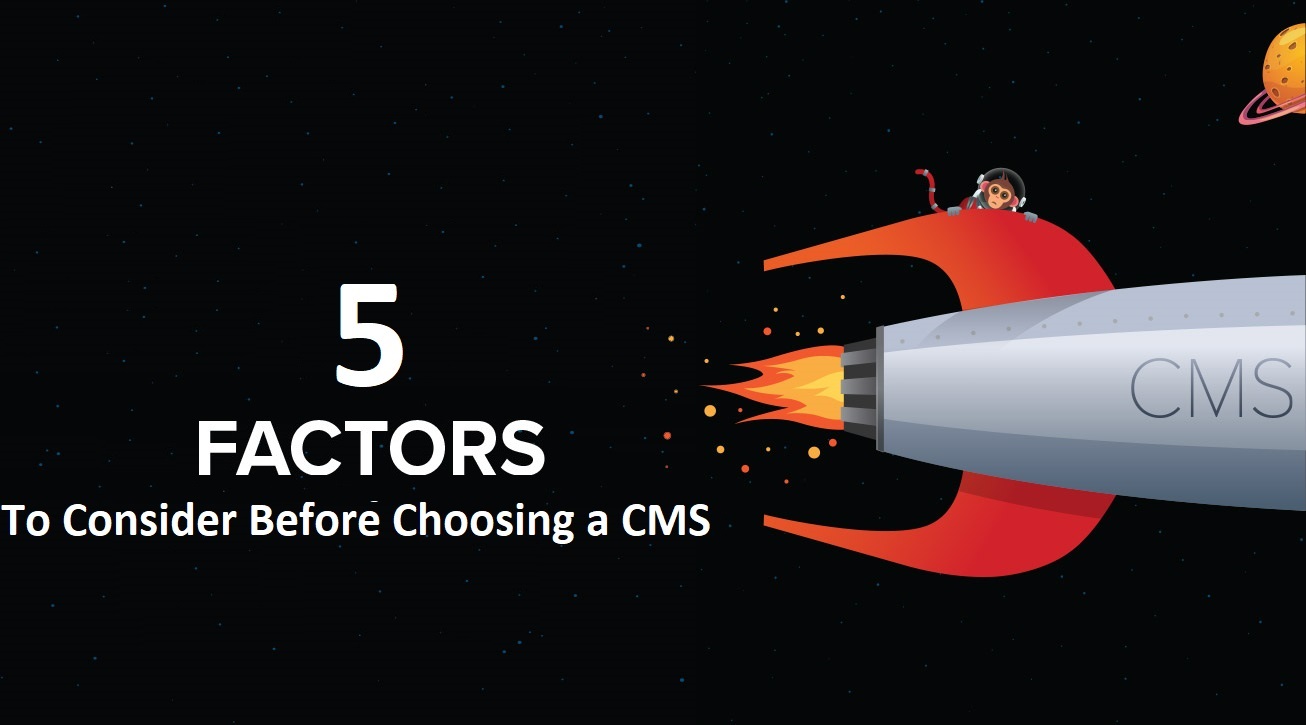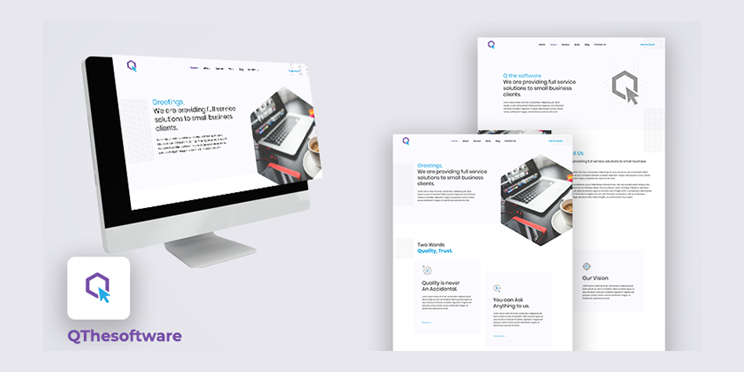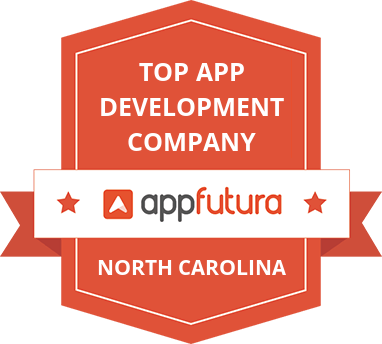There was a time when if a website developer wanted to make even a single common change across the entire website, each page, held by an HTML file, would be needed to update individually. This made the process very lengthy, inefficient, and prone to errors, especially with websites with a lot of pages. Further, if the developer misses out on making the change on one particular page, the content will appear out of order and inconsistent, leaving a bad impression on the user’s mind.
To deal with this problem, web development services companies now offer their clients with solutions that use Content Management Systems (CMS). These systems effectively manage all the content on a website through a back-end database which is a much more user-friendly system with little room for errors.
What is a Content Management System (CMS)?
To put it simply, a Content Management System is a web-based application that help users to manage their websites more easily. This application simplifies the creation, addition, or manipulation of content on the website to users with respect to their roles on a website. CMSs drive an organization’s efficiency as they reduce their dependence on web development services every time they need to make even a small change, and makes employees more digitally empowered.
Another great features that CMSs have is the capability to assign permissions to particular users who can access the backend and upload and manage content directly. Each set of permissions has different limits, making it unnecessary for top stakeholders to get involved every time. This streamlines the procedure and makes companies productive.
This is not all! There are several other features of a Custom Management Systems that make it a very wise choice for businesses using a lot of content and don’t require web development services very often. They offer users a way to rapidly edit their pages without worrying about accidental changes by controlling the way the user saves and edits data.
Factors to Consider Before Choosing a CMS:
1. Scalibility:
The CMS you choose must be scalable as your business grows, it will be necessary to adding new pages as well as functionalities. Thus, having a scalable CMS is a must, or it will only lead to need of more website development services.
2. Developer Dependence:
Although setting up a new Content Management System for your website may require some specific web development services, it is imperative that day to day operations have minimal involvement of developers.
3. Rich User Interface:
As going for a Custom Management System solves a lot of your problems, one that you must address with the utmost detail is that of having an amazing user interface and user experience, as one of the goals of going with this technology is to reduce dependence on web development services. This can only be met if the UI/UX design is intuitive.
4. Testing:
As sometimes CMSs are built from templates, it is important to carry out end to end testing of each and every module. Not doing so will prop up errors at a later stage making it more difficult to troubleshoot errors and resolve them effectively.
5. Plugins and API Integration:
If you are going to choose a CMS that doesn’t support API or plugin integrations, it will cause hindrances when you want to include some features on your websites. With some amazing plugins that add a lot of functionality to your website, it would be a wise decision to identify some key plugins that will add to your website experience.
What CMS Should You Choose?
With the demand for this web-based application only increasing over the time, the market has seen a lot of CMS options that one can choose from. Here we explore some of the most popular Content Management Systems that have surfaced and offer users with key differentiators in terms of technology, extensibility, scalability and others:
1. WordPress:
WordPress arguably is the world’s most popular Content Management System. With literally millions of websites, including some very famous sites like Quartz, Sony Music, Time, The Walt Disney company, etc. Some of the key reasons for such immense popularity is its simplicity and security. If you represent a corporate company and looking for an amazing platform to put out your weekly blog, WordPress is the way forward. With amazing themes for look and feel, and plugins that boost your Search Engine Optimization rankings, this platform is a good choice.
2. Joomla:
Joomla is an Open source Content Management System released in 2005. In terms of acceptability, Joomla is right behind WordPress. Unlike WordPress, Joomla offers a variety of functionalities in the CMS itself, rather than need for extensions. Although the configuration of a Joomla website is pretty straightforward, installation of advanced extensions often need web development services as they are quite complicated. This Content Management System is quite popular for organizations with large members like colleges or universities looking for web development services.
3. Drupal:
Drupal has one of the most impressive clients, The White House. That speaks enough about how serious the developers are in their demands for robust security. All the websites and extensions on this platform are thoroughly checked for vulnerabilities. In case there one exists, users receive updates very quickly. If your business deals with a lot of sensitive data and user information, this Content Management System is the ideal way to go forward. Although keep in mind, it is more complex than other counterparts.
4. Magento:
One of the most popular CMS specifically for eCommerce, Magento has a massive user-base with thousands of eCommerce websites. It includes functionalities for secure payments, inventory management on the store and many other crucial factors that are otherwise a pain for eCommerce business owners and lead to large costs for web development services. As it is an open source technology, developers from around the world also develop plugins that would simplify operations, although they are a bit expensive. If you have an eCommerce Business, this is the choice for you.
Conclusion:
This is a brief glance into the workings of some of the most popular Content Management Systems. There are many more available in the market that might be better suited for your requirements. It is best to carry out research for yourself, or speak with a consultant of web development services before choosing a CMS. It may so happen that you love the prospect of having your website on this particular CMS that is not so famous in your region. In such a case, finding a developer for it when the need arises will become very difficult and lead to resolution only after higher costs have been incurred. Thus, go for a CMS without any reservations, but choose wisely your platform of choice!





